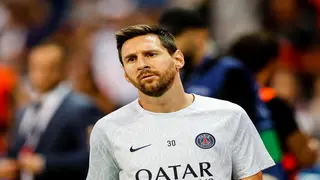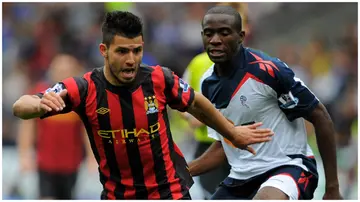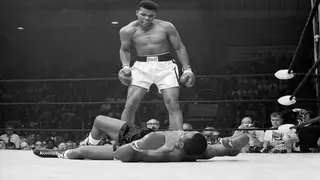A list of footballers with autism in the world right now
Football
In a chilling moment during Euro 2020, Christian Eriksen's collapse on the pitch during Denmark's match against Finland sent shockwaves through the football world.
The incident underscored the harsh reality that athletes sometimes face career-ending heart problems.
The Dane's collapse wasn't isolated, as it echoed past tragedies involving athletes like Marc-Vivien Foe and Fabrice Muamba.

Cardiac arrests, while not uncommon in sports, continue to pose severe threats to athletes' lives and careers.
PAY ATTENTION: stay informed and follow us on Google News!
Sergio Aguero, perhaps the latest and most famous athlete to be affected by heart issues, was forced to retire after developing Arrhythmia, a condition affecting the heart's rhythm., as reported by EuroSport.
A list of footballers with autism in the world right now
Football
These cases shed light on the severity of heart-related conditions among athletes, prompting a closer examination of the causes and symptoms associated with cardiac arrest.
Cardiac arrest occurs when the heart's electrical activity malfunctions, causing it to stop beating effectively. Ventricular fibrillation (VF), an abnormal heart rhythm, is the primary cause of cardiac arrest in athletes. Additionally, factors such as prior heart attacks, treatment side effects, and abnormalities in blood vessels can increase the risk of sudden cardiac arrest.
Recognizing the symptoms is crucial for prompt intervention. These may include dizziness, shortness of breath, and chest pains., as reported by Healthline.
Immediate emergency response, including cardiopulmonary resuscitation (CPR) and portable defibrillators, can significantly improve survival rates.
Treatment for cardiac arrest often involves a combination of CPR, defibrillation and surgery to address underlying heart conditions. Furthermore, lifestyle changes, such as regular exercise and dietary modifications, are vital in reducing the risk of recurrent cardiac events.
Most iconic sports photos: 15 of the most memorable sports pictures ever captured
Other Sports
Sports Brief explained how implantable cardioverter defibrillators work after Tom Lockyer got one fitted in him.
The Luton Town captain went down unchallenged during a Premier League game against Bournemouth.
Manager Rob Edwards immediately ran onto the pitch as the medical staff made a beeline for the defender, who was motionless.